Video Display - PSIDA-2022
PSIDA 2022 - talk video recording
- Removed a total of (1) style text-align:center;
|
|
|
J15 - Concluding remarks |
- Removed a total of (2) style text-align:center;
- Removed a total of (1) align=center.
|
|
|
J14 - The Astromat Synthesis: a data pipeline to generate analysis ready data following FAIR principles |
- Removed a total of (2) style text-align:center;
- Removed a total of (1) align=center.
|
|
|
J13 - The Small Body Mapping Tool (SBMT) For Accessing, Visualizing, and Analyzing Spacecraft Data in Three Dimensions: 2022 Update |
- Removed a total of (2) style text-align:center;
- Removed a total of (1) align=center.
|
|
|
J12 - Updating MAGELLAN Venus Data to PDS4 Archiving Standards |
- Removed a total of (2) style text-align:center;
- Removed a total of (1) align=center.
|
|
|
J11 - Maintaining Microservices: Applications for the Astromaterials Data System |
- Removed a total of (2) style text-align:center;
- Removed a total of (1) align=center.
|
|
|
J10 - Searching the Stars with ATLAS IV |
- Removed a total of (2) style text-align:center;
- Removed a total of (1) align=center.
|
|
|
J09 - ESA's Planetary Science Archive: present and future |
- Removed a total of (2) style text-align:center;
- Removed a total of (1) align=center.
|
|
|
J08 - The electronic fieldbook tool suite: Science and decision support tools for structure information collection and distribution during astronaut training and human planetary exploration |
- Removed a total of (2) style text-align:center;
- Removed a total of (1) align=center.
|
|
|
J07 - Characterization and age estimation of basaltic flows on the Apollo Basin (Moon) by generating composite images and using the crater counting method |
- Removed a total of (2) style text-align:center;
- Removed a total of (1) align=center.
|
|
|
J06 - Fast, reproducible, and extensible: new software tools for planetary science data access and analysis |
- Removed a total of (2) style text-align:center;
- Removed a total of (1) align=center.
|
|
|
J05 -An unambiguous global map projection for the Kuiper belt object Arrokoth by fitting a Quincuncial Adaptive Closed Kohonen (QuACK) map |
- Removed a total of (2) style text-align:center;
- Removed a total of (1) align=center.
|
|
|
J04 - Comparing the Evolution of Earth-like Exoplanets Orbiting FGKM Stars: An Information Theory Approach |
- Removed a total of (2) style text-align:center;
- Removed a total of (1) align=center.
|
|
|
J03 - Data Visualization with the PDS Analyst's Notebook Image Viewer |
- Removed a total of (2) style text-align:center;
- Removed a total of (1) align=center.
|
|
|
J02 - MarsSI : Evolution of the Martian surface data infrastructure |
- Removed a total of (2) style text-align:center;
- Removed a total of (1) align=center.
|
|
|
J01 - Using Multi Mission GIS (MMGIS) for the EXOMARS Rover Mission |
- Removed a total of (2) style text-align:center;
- Removed a total of (1) align=center.
|
|
|
X16 - Discussion |
- Removed a total of (2) style text-align:center;
- Removed a total of (1) align=center.
|
|
|
X15 - A Brief Overview of NASA's Newly-Instituted Planetary Data Ecosystem |
- Removed a total of (2) style text-align:center;
- Removed a total of (1) align=center.
|
|
|
X14 - Uncertainty Quantification of ChemCam Data with Bootstrap and Monte-Carlo Dropout |
- Removed a total of (2) style text-align:center;
- Removed a total of (1) align=center.
|
|
|
X13 - Deep Ensemble MERNet: Recent Advances for the Content-Based Classification of MER Pancam Images |
- Removed a total of (2) style text-align:center;
- Removed a total of (1) align=center.
|
|
|
X12 - Hubble Asteroid Hunter part 1: Using deep learning and crowdsourcing to survey asteroid trails in ESA's Hubble data archive |
- Removed a total of (2) style text-align:center;
- Removed a total of (1) align=center.
|
|
|
X11 - Building Machine-Learning-Ready Data Sets for Martian Frost Detection |
- Removed a total of (2) style text-align:center;
- Removed a total of (1) align=center.
|
|
|
X10 - The moon-coverage: a Python tool for mission and instrument planning |
- Removed a total of (2) style text-align:center;
- Removed a total of (1) align=center.
|
|
|
X09 - NASA Moon Trek's New Visualization and Analysis Tools |
- Removed a total of (2) style text-align:center;
- Removed a total of (1) align=center.
|
|
|
X08 - EXPLORE - Innovative Scientific Data Exploration and Exploitation Applications for Space Sciences - The lunar case |
- Removed a total of (2) style text-align:center;
- Removed a total of (1) align=center.
|
|
|
X07 - Using Lunar QuickMAP for Synthetic Lunar Image Modelling |
- Removed a total of (2) style text-align:center;
- Removed a total of (1) align=center.
|
|
|
X06 - Fully automated cloud based science data center for Emirates Mars Mission |
- Removed a total of (2) style text-align:center;
- Removed a total of (1) align=center.
|
|
|
X04 - An update on SPICE for ESA Missions |
- Removed a total of (2) style text-align:center;
- Removed a total of (1) align=center.
|
|
|
X03 - NASA Planetary Data System Search API |
- Removed a total of (2) style text-align:center;
- Removed a total of (1) align=center.
|
|
|
X02 - PDS4 Data Archive for CHANDRAYAAN-2 Mission Payloads (TMC2, OHRC and IIRS) |
- Removed a total of (2) style text-align:center;
- Removed a total of (1) align=center.
|
|
|
X01 - ESA's Planetary Science Archive: from data preservation to data exploitation |
- Removed a total of (2) style text-align:center;
- Removed a total of (1) align=center.
|
|
|
M14 - Posters brief presentation |
- Removed a total of (2) style text-align:center;
- Removed a total of (1) align=center.
|
|
|
M13 - ESA Datalabs: Expanding Space Archives with Innovative Analysis and Collaboration Capabilities |
- Removed a total of (2) style text-align:center;
- Removed a total of (1) align=center.
|
|
|
M12 - Publising Planetary Data in the Virtual Observatory: VESPA (Virtual European Solar & Planetary Access) |
- Removed a total of (2) style text-align:center;
- Removed a total of (1) align=center.
|
|
|
M11 - Life Cycle of a Planetary Body Definition for Scientific Analysis |
- Removed a total of (2) style text-align:center;
- Removed a total of (1) align=center.
|
|
|
M10 - The PDS4 Information Model Knowledge Graph |
- Removed a total of (2) style text-align:center;
- Removed a total of (1) align=center.
|
|
|
M09 - The PDS Discipline Namespace for Machine Learning Products |
- Removed a total of (2) style text-align:center;
- Removed a total of (1) align=center.
|
|
|
M07 - A Deep Learning Framework for Planetary Exploration Data and Model Management |
- Removed a total of (2) style text-align:center;
- Removed a total of (1) align=center.
|
|
|
M06 - Automatic boulders identification on 67P/C-G with machine learning |
- Removed a total of (2) style text-align:center;
- Removed a total of (1) align=center.
|
|
|
M05 - In-situ Science Data Analysis and Curation for the Europa Lander Autonomous Mission Prototype |
- Removed a total of (2) style text-align:center;
- Removed a total of (1) align=center.
|
|
|
M04 -Identifying Planetary Rocks and Minerals by Combining a Custom Mineralogical Database with Deep Learning Based Multi-Spectral Unmixing |
- Removed a total of (2) style text-align:center;
- Removed a total of (1) align=center.
|
|
|
M03 - Planetary Protection: Identifying Microbes with potential for Contamination using Data Science |
- Removed a total of (2) style text-align:center;
- Removed a total of (1) align=center.
|
|
|
M02 - Tensor component analysis for the investigation of depth trends in ChemCam LIBS data from Gale crater, Mars |
- Removed a total of (2) style text-align:center;
- Removed a total of (1) align=center.
|
|
|
M01- Tools for supervised machine learning in Planetary Space Plasma Physics |
- Removed a total of (2) style text-align:center;
- Removed a total of (1) align=center.
|
|
|
M00 - Welcome and Logistics |
- Removed a total of (2) style text-align:center;
- Removed a total of (1) align=center.
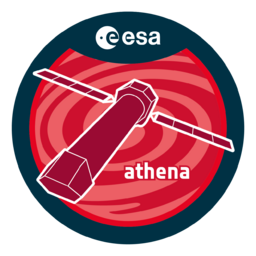
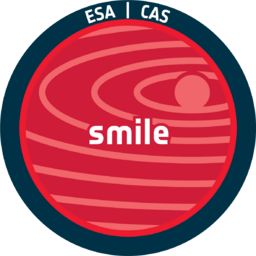
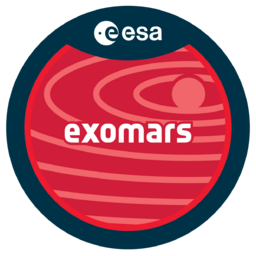
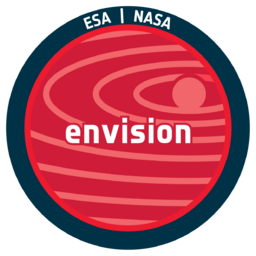
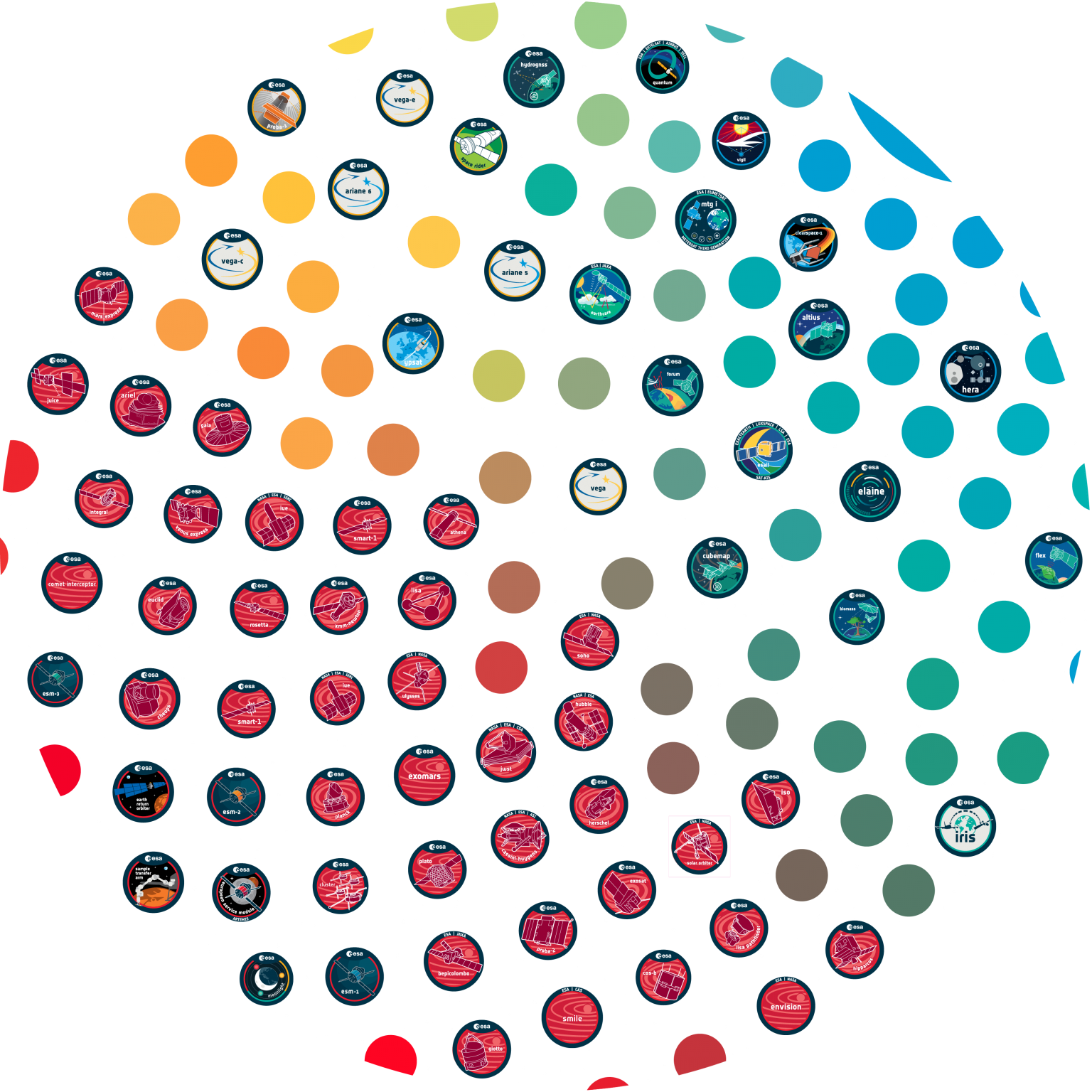
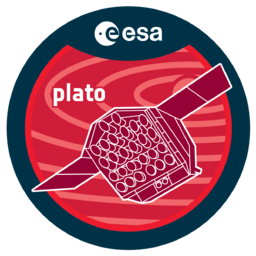
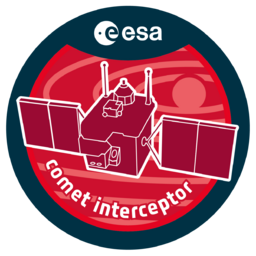

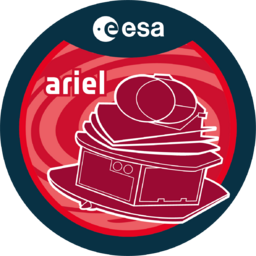
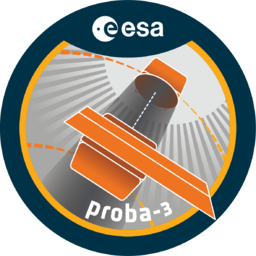
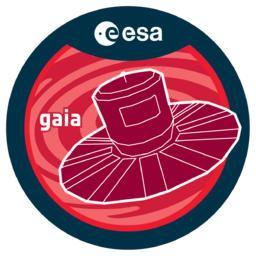
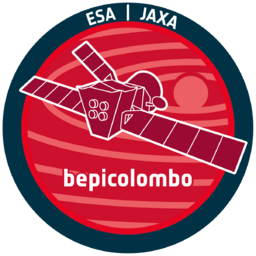
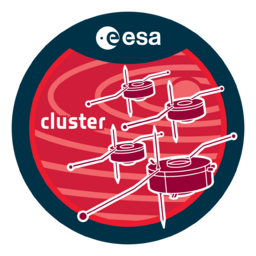
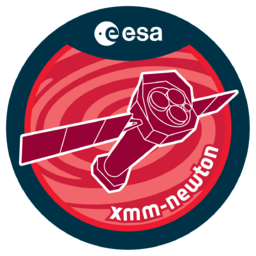
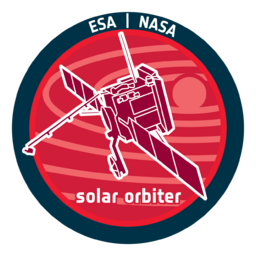
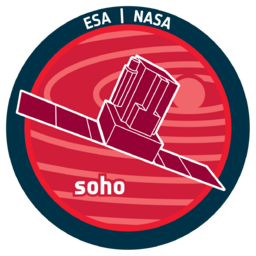
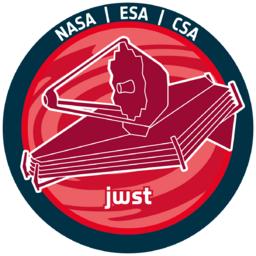
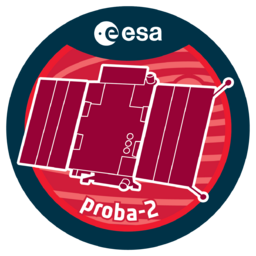
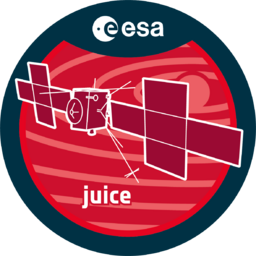
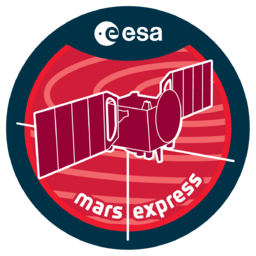
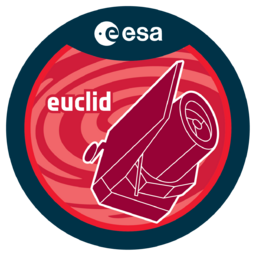
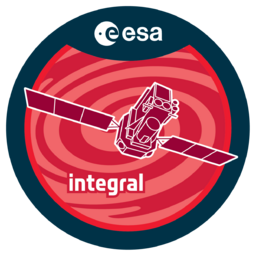
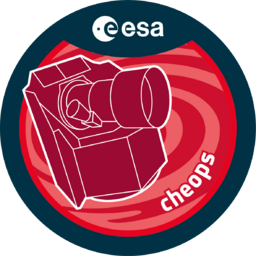
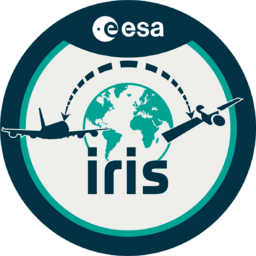
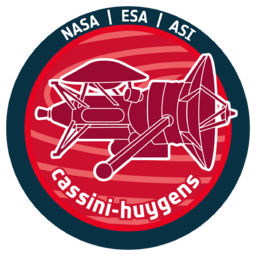
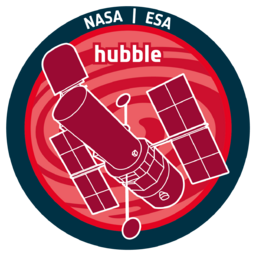
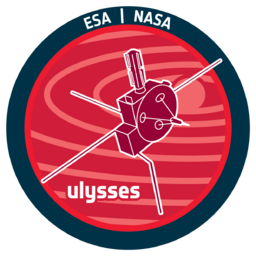
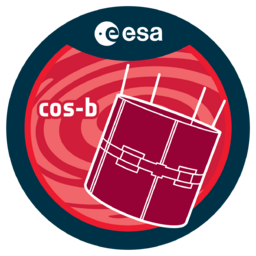
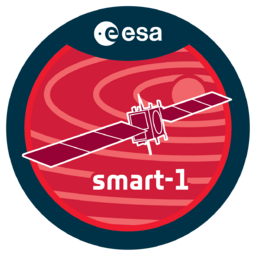
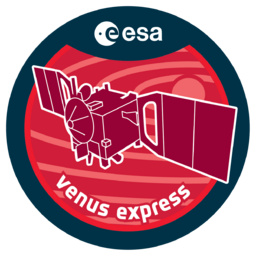
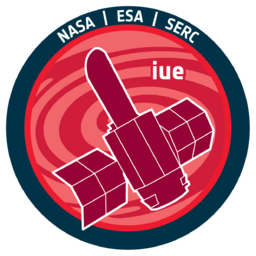
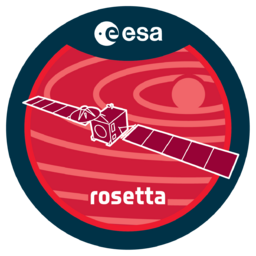
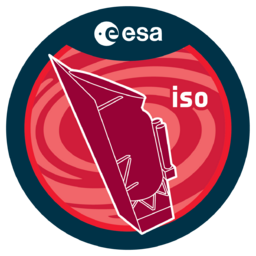

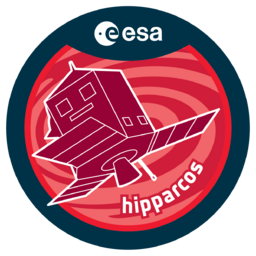
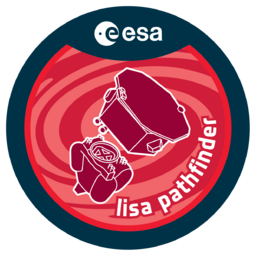
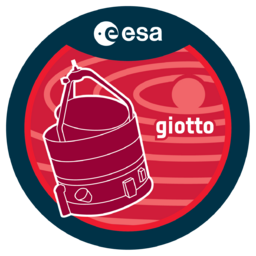
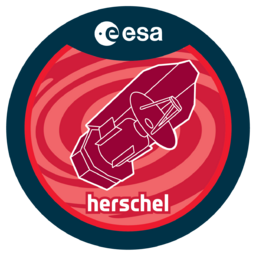
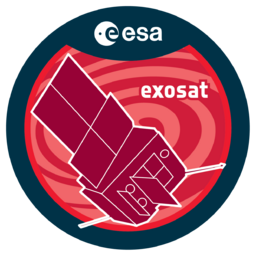

 Sign in
Sign in
 Science & Technology
Science & Technology